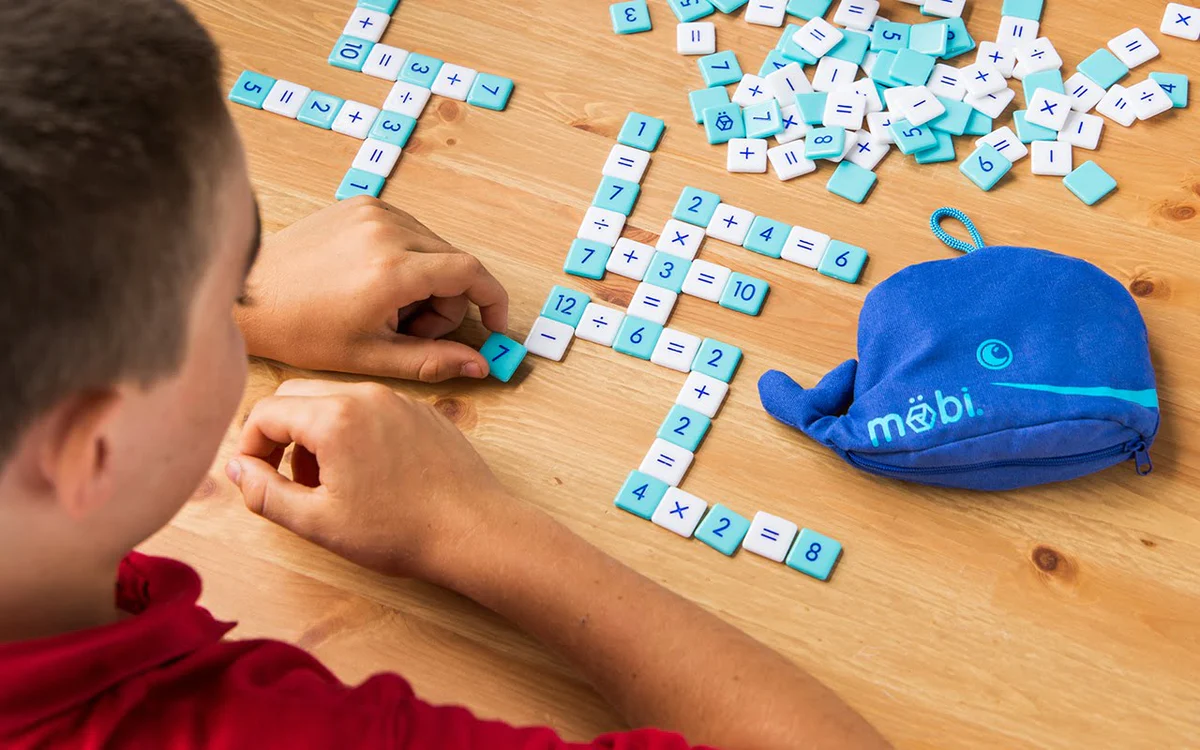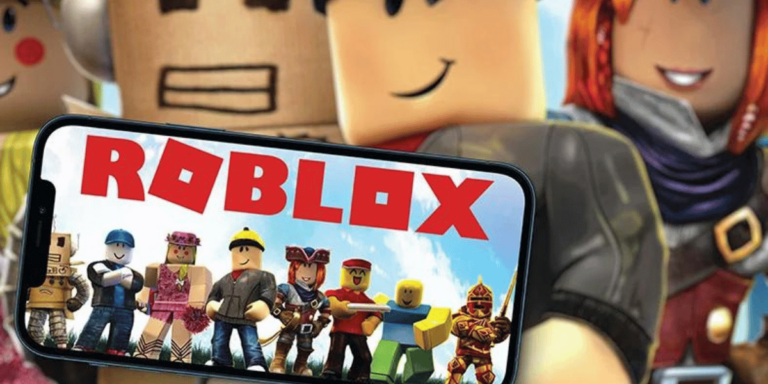Unlocking Mathematical Minds: The Impact of Board Games on Child Development

Table of Contents:
- Key Takeaways
- The Importance of Engaging Educational Tools
- Board Games as a Gateway to Math Proficiency
- Selecting the Right Games for Educational Impact
- Integrating Board Games into Everyday Learning
- Measuring the Outcomes of Game-Based Learning
- Overcoming Challenges with Game-Based Math Learning
- Creative Play: Merging Arts with Math Learning
Key Takeaways:
- Playing board games can significantly enhance children’s mathematical abilities and overall cognitive development.
- Selecting age-appropriate math board games that align with educational goals can improve academic outcomes.
- Blending traditional board game experiences with technology creates innovative opportunities for math education.
The Importance of Engaging Educational Tools
One of the cornerstones of childhood development is learning through play. It is widely acknowledged that children thrive in environments that stimulate their curiosity and allow them to discover new concepts through interactive experiences. Engaging educational tools such as board games are not solely a method of entertainment but are effective mediums that support educational processes and encourage cognitive growth. By incorporating math board games into a child’s repertoire of activities, we can greatly contribute to cultivating young curiousinquisitive minds, creating a foundation for a lifelong love of learning.
Interactive gameplay is particularly beneficial for cognitive development in young children. It provides a hands-on experience with which they can explore and relate to the world around them. Board games help develop critical thinking and problem-solving skills, essential abilities inwhich are essential abilities in both academic and everyday contexts. These games offer tangible experiences that enable children to visualize and comprehend abstract ideas, serving as a launchpad for grasping more complex mathematical concepts as they grow.
Board Games as a Gateway to Math Proficiency
The road to math proficiency can be paved with fun and challenges when board games are involved. Modern educational board games are specifically crafted to weave mathematical concepts seamlessly into the fabric of play. As children partake in these games, they inadvertently practice and hone various mathematical skills, ranging from the basics, such as counting and sequencing, to more advanced operations, like strategic decision-making and logical deduction. By repeatedly engaging with these math-centric activities in an enjoyable context, the intimidation often associated with math dissipates, and proficiency is naturally acquired and improved.
One of the most powerful aspects of using board games for math education is the covert learning that occurs. When children are immersed in the challenge and excitement of a game, they might not even realize they are practicing math—yet the benefits are distinct. Games that promote strategic thinking, deductive reasoning, problem-solving, and patience contribute greatly to a child’s overall cognitive development. Furthermore, the interaction during gameplay bolsters social skills such as communication and cooperation, which are just as crucial as academic skills.
Selecting the Right Games for Educational Impact
Selecting the right board games is critical in seekingthe quest for meaningful educational tools. The aim is to marry the natural allure of gameplay with serious educational content, especially in mathematics. When considering a math board game for a child, it’s paramount to consider their current ability level, potential for development, and what motivates them. A well-suited game can captivate a child’s interest and enhance their learning simultaneously, aiding in the reinforcement and practice of new and existing skills.
When choosing board games, consider their alignment with educational targets and curriculum benchmarks. Games need to be more than just fun; they should be vehicles for delivering educational value. A treasure trove of options is available, ranging from simple counting games for toddlers to complex strategic games for older children that involve advanced mathematical concepts such as probability, geometry, and algebraic thinking.
Integrating Board Games into Everyday Learning
When it comes to making math fun and accessible, integrating board games into a child’s daily learning schedule can be particularly effective. Using board games isserves as an informal yet powerful tool for reinforcing and expanding upon the skills learned during more structured educational activities. Parents and educators have manya wealth of creative opportunities to bring these games into a child’s life rhythm, such as establishing a routine family game night or creating interactive math centers in the classroom. These moments provide consistent, regular practice and create a fun family tradition or an engaging classroom culture that highlights the joy found in learning.
Playing these games can demystify math for many childrenFor many children, playing these games can demystify math, transforming it from an intimidating subject into engaging and approachable one. Teachers can integrate board games into lesson plans as a hands-on method for practicing math skills, while parents can use them to enrich their child’s home learning environment. In both cases, games can reinforce the application of math in everyday contexts, linking educational concepts to the real world.
Measuring the Outcomes of Game-Based Learning
Measuring the outcomes of such game-based learning efforts is essential to fully grasp the effectiveness of integrating board games into math educationTo fully grasp the effectiveness of integrating board games into math education, measuring the outcomes of such game-based learning efforts is essential. Formal and informal assessments play a key role in understanding the impact that board games have on a child’s mathematical development. Short-term assessments such as pre-and post-game questionnaires or observations can provide immediate feedback on learning during gameplay. For a longer-term perspective, tracking a student’s mathematical achievements and learning journey over a school year offers valuable insights into how these game-based strategies contribute to overall academic progress.
These assessments often reveal more than just academic gain. Qualitative data from children and their parents, such as feedback on their attitudes toward math and their perceived competence in the subject, can illuminate the broader effects of game-based learning on their motivation and confidence. This subjective feedback is as significant as test scores, offering a holistic picture of a child’s relationship with math and learning in general.
Overcoming Challenges with Game-Based Math Learning
Despite the many advantages of using board games as educational tools, there are inherent challenges in their integration into math learning. Access to a broad selection of games, striking the right balance between traditional and game-based learning, and ensuring inclusivity are points of consideration. One potential solution to these challenges is building partnerships with local libraries or educational resource centers that can provide game rentals or lending options, thus expanding the variety of games available to children without incurring high costs.
Moderating screen time for children in an increasingly digital world is another challenge, especially when utilizing virtual versions of board games. Setting clear guidelines and time limits for digital play while promoting a range of non-digital, tactile gaming experiences can help maintain a healthy balance.
Creative Play: Merging Arts with Math Learning
Creative play through board games can be transformative, merging quantitative reasoning with artistic expression. Educational board games that incorporate artistic elements such as design, storytelling, and role-playing can offer unique pathways to understanding and applying mathematical concepts. These games often encourage children to engage with math in unconventional ways, promoting a flexible understanding of how math fits into various contexts, such as music, art, and literature.
Exploring mathematics through games that involve patterns, rhythms, storytelling, and spatial relationships can lead to a richer, more diverse understanding of the subject. This approach recognizes math as an integral part of the broader tapestry of knowledge that intersects with the creative arts and can be explored in harmony with them.




